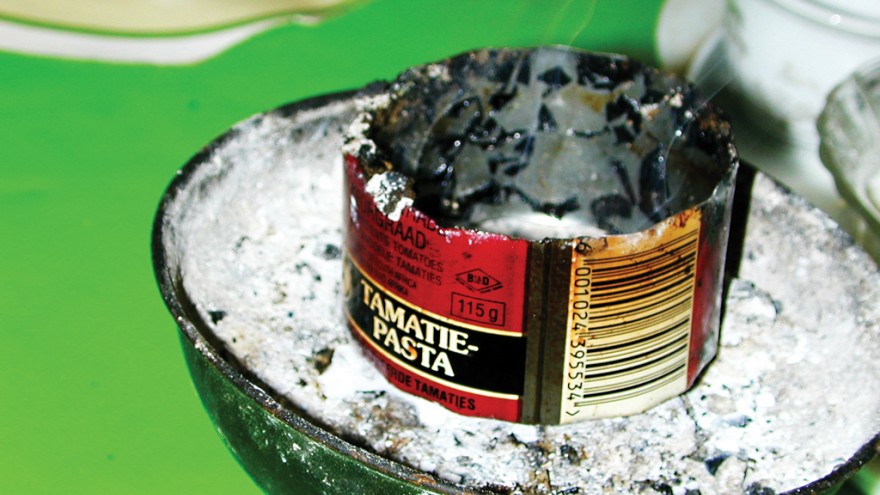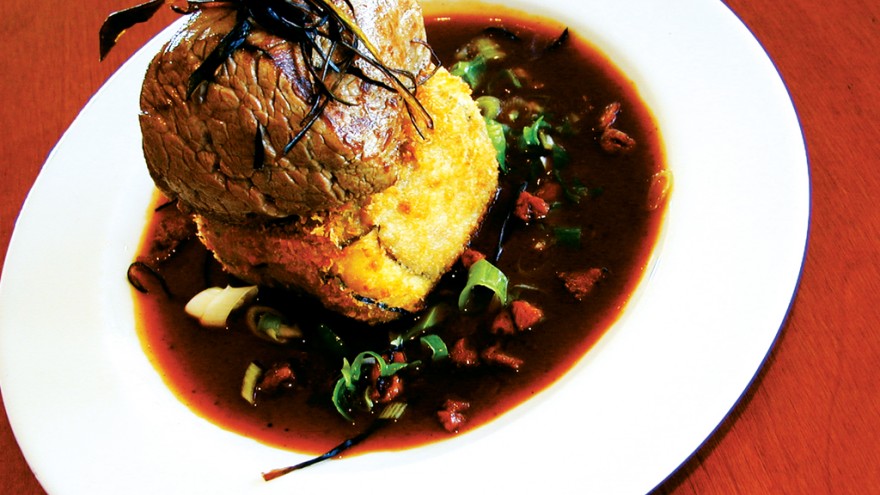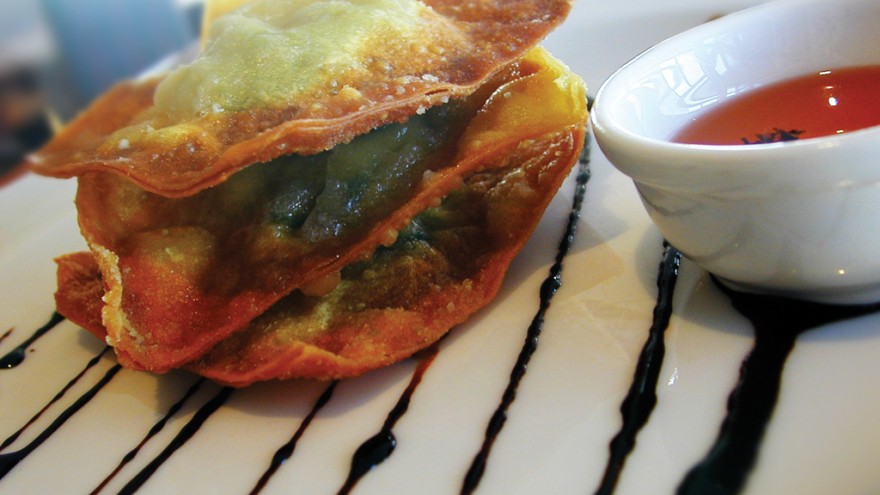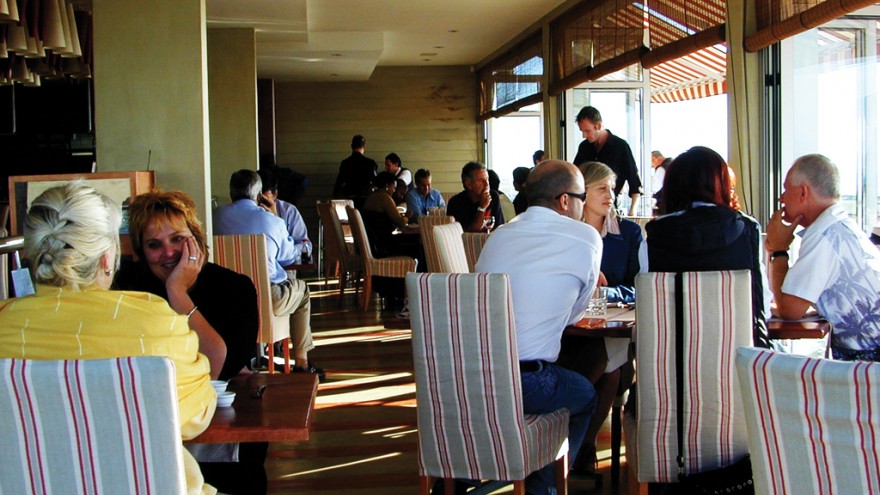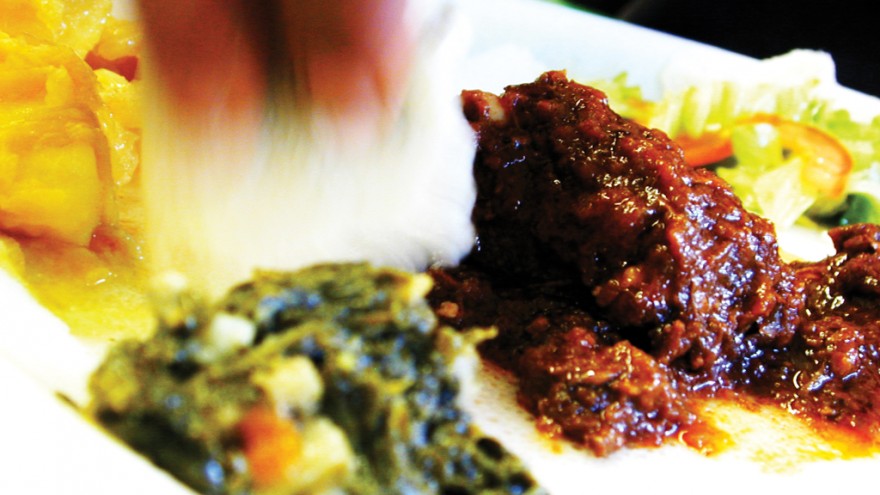First Published in
Why is it always that the other man who comes here, lives amongst us, goes back home, and then sells our own culture back to us?
During the 17th Century, the European powers' primary goal was to establish a reliable spice route. Many cities and countries along the African coast owe their very "discovery" to this quest. These journeys along the African coast played a big part in how these European powers were able to establish their respective empires.
Through their influence in Asia, these northern powers were able to import spices to mainland Europe and this in turn influenced their culinary traditions. The one dish that was directly influenced by this situation is the "traditional" Spanish dish, Paella. Here you have a dish, which is regarded as being the quintessential peasant dish from Spain, comprising seafood, chicken and pork.
However, the main ingredient is saffron, the most expensive spice in the world, which could originally only be found in the east! Look at the world of food as it is today, what are the latest eating trends? Noodle bars, soul food, French-Vietnamese, and northern and southern Indian.
And this French-Vietnamese… should it not be Vietnamese-French? Jean-George Vongrichten, possibly the most famous chef in the US, spent five years in South-East Asia. He returned to New York opened Asian-influenced restaurants, and now who's benefitting from the transfer of intellectual capital?
Does this chef give due credit, or is he credited with creating this "new cuisine"? One could argue that the English enjoy chicken tikka masala more than fish and chips. Recently on a trip to England I wanted to go out for dinner with some friends and the most popular suggestion - "let's go get a curry". Has someone recently counted how many curry houses there are in London alone? Following this suggestion, the next popular choice, noodles. Where is the broiled beef, country hot pots, bangers and mash, and fish & chips?
The most popular movement within food circles over the last 10 years could simply be called fusion. Fusion can basically be described as the re-interpretation of European food using ingredients found in other parts of the world - an answer to the nouvelle cuisine movement of the previous decade. This was basically food beautifully presented, but lacking soul, or more importantly, flavour. This fusion movement has now progressed to the next logical step: the inclusion of African and South American food. Despite its most unpopular status with the USA (who it would seem is the supreme arbiter of what is good or bad), Cuba and its indigenous food finds itself at the forefront of this movement. We all know it took The Buena Vista Social Club before people realized there is more to Cuba than just Uncle Fidel. As a result of this, more Cuban-themed restaurants are opening worldwide.
This leaves us with the question, what about South African food? South Africa finds itself uniquely positioned as being somewhat second world. How does this influence our food? I find that Capetonians are far more influenced by European trends and it will take time to change the programming that foreign is better.
More attention needs to be given to indigenous cuisine from Africa, in Africa! And for this movement to grow we need to teach our young chefs at their training institutions that traditional African food can be trendy. Here lies the next stage of our African Renaissance, our very own Culinary Renaissance. Let's not wait for somebody from the north to come here, take it home, refine it, package it and sell it back to us as the latest trend!
About the author
Hardy McQueen: Born and raised in Cape Town. Educated at Rhodes University where he studied journalism, whereupon Hardy went to a prestigious chef school in Cape Town. When not cooking in high profile restaurants, he finds time to consult to various food retail businesses in South Africa.
Why is it always that the other man who comes here, lives amongst us, goes back home, and then sells our own culture back to us?
During the 17th Century, the European powers' primary goal was to establish a reliable spice route. Many cities and countries along the African coast owe their very 'discovery' to this quest. These journeys along the African coast played a big part in how these European powers were able to establish their respective empires.
Through their influence in Asia, these northern powers were able to import spices to mainland Europe and this in turn influenced their culinary traditions. The one dish that was directly influenced by this situation is the 'traditional' Spanish dish, Paella. Here you have a dish, which is regarded as being the quintessential peasant dish from Spain, comprised of seafood, chicken and pork.
However the main ingredient is saffron, the most expensive spice in the world, which could originally only be found in the east! Look at the world of food as it is today, what are the latest eating trends? Noodle bars, soul food, French-Vietnamese, and northern and southern Indian.
And this French-Vietnamese… should it not be Vietnamese-French? Jean-George Vongrichten, possibly the most famous chef in the US, spent five years in South-East Asia. He returned to New York opened Asian-influenced restaurants, and now who's benefitting from the transfer of intellectual capital?
Does this chef give due credit, or is he credited with creating this "new cuisine"? One could argue that the English enjoy chicken tikka masala more than fish and chips. Recently on a trip to England I wanted to go out for dinner with some friends and the most popular suggestion - "let's go get a curry". Has someone recently counted how many curry houses there are in London alone? Following this suggestion, the next popular choice, noodles. Where is the broiled beef, country hot pots, bangers and mash, and fish and chips?
The most popular movement within food circles over the last 10 years could simply be called fusion. Fusion can basically be described as the re-interpretation of European food using ingredients found in other parts of the world - an answer to the nouvelle cuisine movement of the previous decade. This was basically food beautifully presented, but lacking soul, or more importantly, flavour. This fusion movement has now progressed to the next logical step: the inclusion of African and South American food. Despite its most unpopular status with the USA (who it would seem is the supreme arbiter of what is good or bad), Cuba and its indigenous food finds itself at the forefront of this movement. We all know it took The Buena Vista Social Club before people realized there is more to Cuba than just Uncle Fidel. As a result of this, more Cuban-themed restaurants are opening worldwide.
This leaves us with the question, what about South African food? South Africa finds itself uniquely positioned as being somewhat second world. How does this influence our food? I find that Capetonians are far more influenced by European trends and it will take time to change the programming that foreign is better.
More attention needs to be given to indigenous cuisine from Africa, in Africa! And for this movement to grow we need to teach our young chefs at their training institutions that traditional African food can be trendy. Here lies the next stage of our African Renaissance, our very own Culinary Renaissance. Let's not wait for somebody from the north to come here, take it home, refine it, package it and sell it back to us as the latest trend!
About the author
Hardy McQueen: Born and raised in Cape Town. Educated at Rhodes University where he studied journalism, whereupon Hardy went to a prestigious chef school in Cape Town. When not cooking in high profile restaurants, he finds time to consult to various food retail businesses in South Africa.

